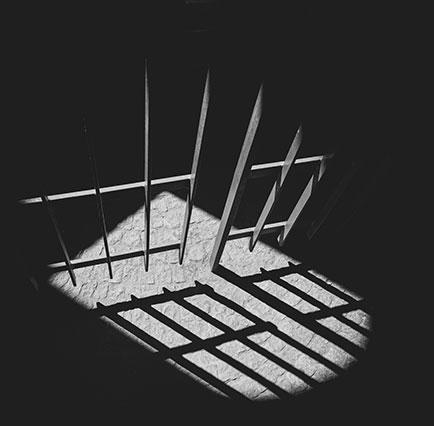You are here
Verdict overturned in case of man who killed son with machinegun
By Rana Husseini - Jul 28,2017 - Last updated at Jul 28,2017
AMMAN — The Cassation Court has overturned a February Criminal Court verdict sentencing a man to 10 years in prison after convicting him of murdering his son with a machinegun in Tafileh governorate in July 2015.
The court declared the defendant guilty of shooting his son, a father of two, while at his farm in Rihab town on July 20 and handed him a 20-year prison term.
The sentence was immediately reduced to half because the victim’s mother dropped the charges against her husband.
The court also decided to amend the premeditated murder charges originally pressed against the defendant to manslaughter “because it was proven to the court that the premeditation factor does not exist in this incident”.
Court papers said that the defendant and his son had been constantly quarreling over a piece of land.
On the day of the incident, the court maintained, “the defendant quarreled again with his son over land property rights. He later headed to his son’s farm, where he drew an unlicensed machine gun and shot his son with it multiple times before fleeing the scene.”
“Several witnesses saw the defendant leaving his son’s farm quickly with his pickup truck,” according to the nine-page court documents.
The defendant’s attorney had contested the ruling stating that “his client did not intend to kill the victim, and that the death was the result of a fight that caused the weapon to discharge”.
The Criminal Court’s general attorney had contested the ruling stating that the defendant plotted the murder since he committed it “in the early morning hours while the defendant was asleep”.
The general attorney added that “the defendant should not benefit from any reductions in penalty because he is the guardian of his family and should be a source of security, not danger.”
The higher court decided to overturn the verdict in terms of the punishment but upheld the court’s conclusion of how the incident occurred.
“The Criminal Court’s proceedings are correct, but the court should ask the rest of the victim’s heirs if they also agree to drop charges against the defendant, and not only accept the defendant’s wife waver,” the higher court.
Therefore, the Cassation Court added, “the case will be sent back to the Criminal Court to check on other heir’s wishes of dropping charges or not before issuing the final verdict.”
The Cassation Court comprised of judges Hisham Tel, Basil Abu Anzeh, Bassil Mubeidin, Mohammad Ibrahim, and Naji Zubi.
Related Articles
AMMAN — The Cassation Court has overturned a December Criminal Court verdict sentencing a man to eight years in prison after convicting him
AMMAN — The Cassation Court has upheld a June Criminal Court ruling, sentencing a man to more than seven years in prison after convicting hi
AMMAN — The Court of Cassation has overturned a June 2023 Criminal Court eight-year ruling against a man who was convicted of attempting to















